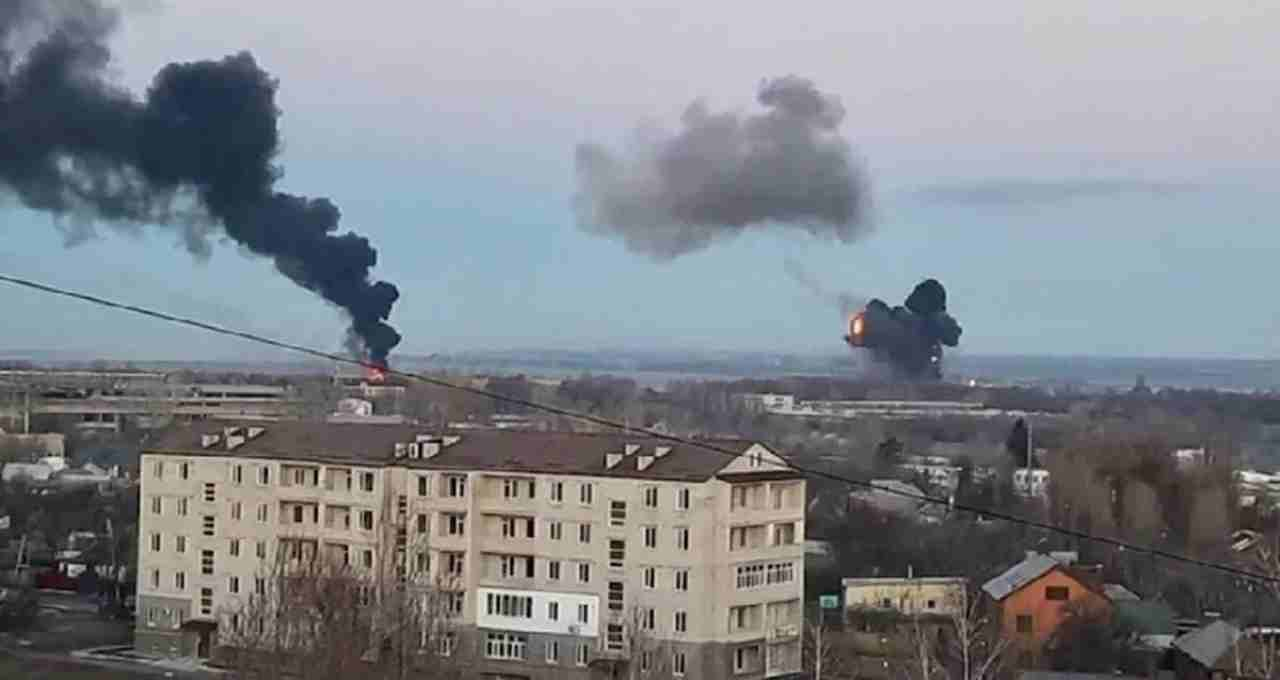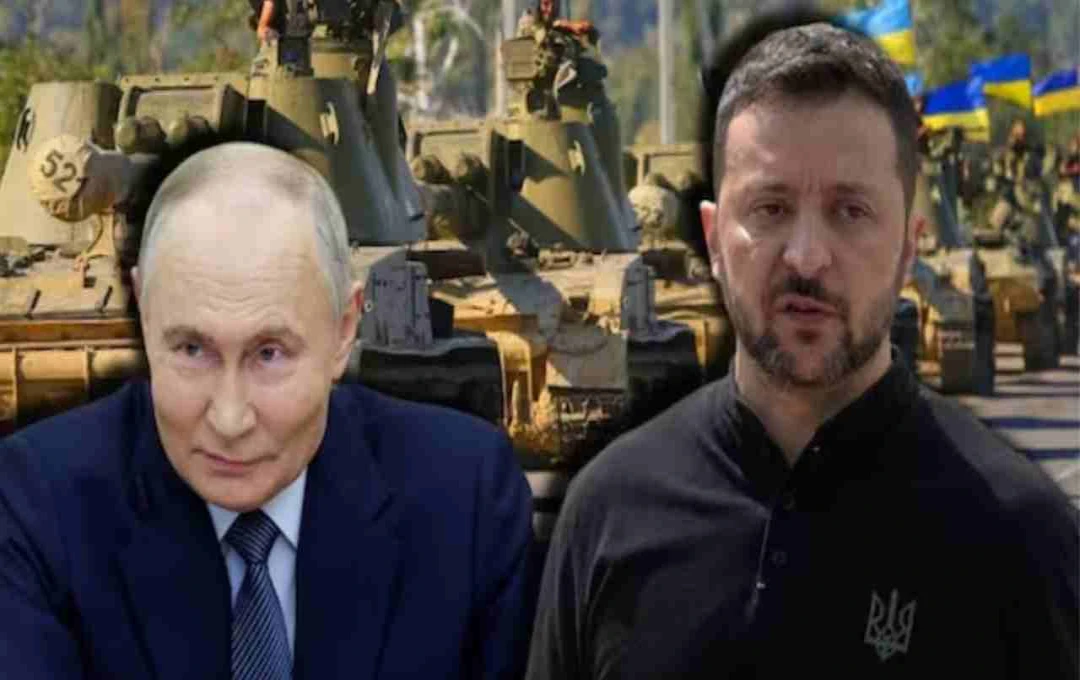Russia has made a significant change to its 'war policy' against Ukraine these days. Meanwhile, Ukraine's top military commander states that this change has extended the scope of the 'front line' (battle line) in Ukraine by approximately 1,250 kilometers.
Moscow: Russia has recently made a major change in its war strategy against Ukraine. As a result, Ukraine's front line, or battle line, has extended by approximately 1,250 kilometers. According to Ukraine's top military commander General Oleksandr Syrskyi, this change has further strengthened Kyiv's security. Meanwhile, the Russian army is now deploying small assault groups into Ukrainian territories instead of large-scale offensives.
200-Kilometer Increase in Battle Line
Syrskyi stated that the contact line has increased by approximately 200 kilometers compared to last year. The Ukrainian army is now confronting Russia's larger forces on an average of 160 to 190 fronts daily. He added that the Russian army's strategy has changed since the beginning of summer. They are now deploying small assault groups instead of large-scale attacks. These groups infiltrate the front line to disrupt Ukrainian supply networks and military activities.
Syrskyi also mentioned that recent Ukrainian operations have resulted in regaining control of 168 square kilometers of land from Russian positions. However, these incidents have not yet been independently confirmed.
Russian Army's Strategy in Rural Areas

The Russian army has attempted to encircle Ukraine using drones, missiles, artillery, and devastating glide bombs. They have succeeded in gradually pushing back Ukrainian forces in rural areas but have failed to capture cities. Syrskyi stated that Russia is deploying a large number of small assault groups, each consisting of approximately four to six soldiers. These groups infiltrate the front line, launch attacks, and disrupt supply and military operations in Ukrainian territories.
Meanwhile, Belarus has proposed establishing a new nuclear power plant to supply energy to Russian-occupied Ukrainian territories. Belarusian President Alexander Lukashenka discussed this plan with Russian President Vladimir Putin during a meeting in the Kremlin.
Lukashenka stated that, if needed, this plant could supply energy to Russian-controlled areas in Ukraine's Kherson, Zaporizhzhia, Luhansk, and Donetsk regions. Putin publicly supported the idea, though he did not clarify whether Russia would provide financial assistance for the plant.
Belarus established its first nuclear power plant, the 'Astravets Nuclear Power Plant,' in November 2020. This plant was built by Russia's State Atomic Energy Corporation 'Rosatom' with a $10 billion loan provided by Moscow.











